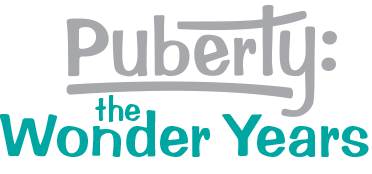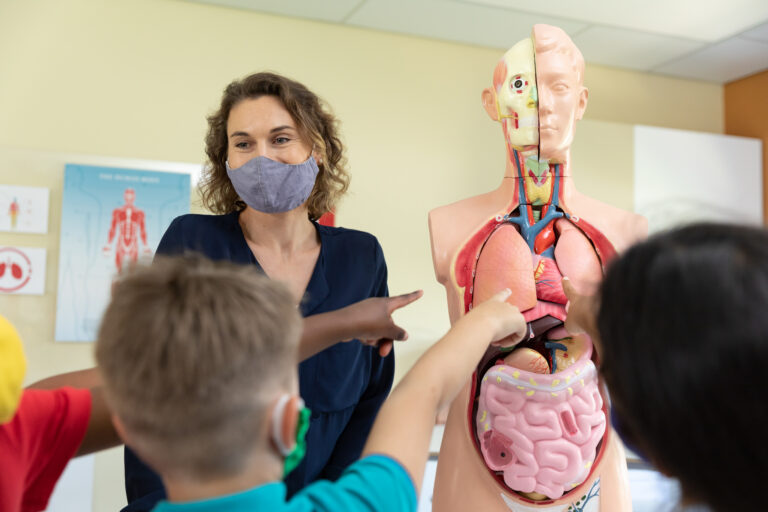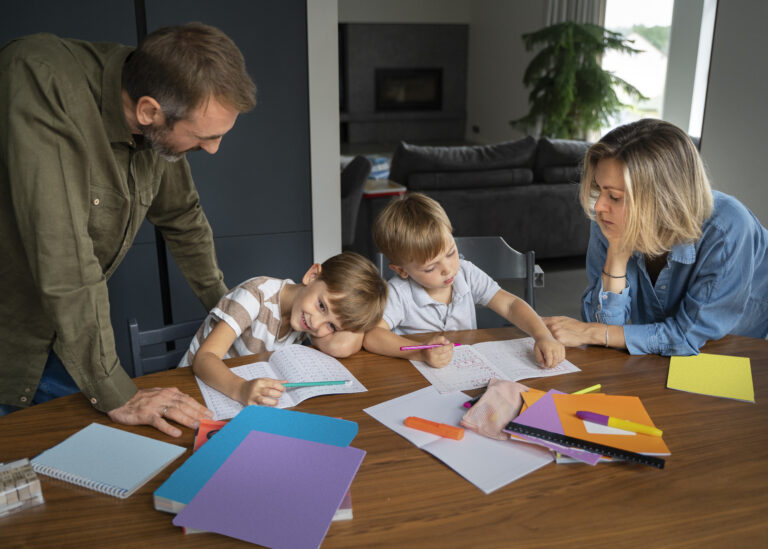During the pandemic, people who are sheltering in place have been looking for things to occupy their time. Many have turned to online sexually explicit images (porn, pornography) for entertainment. The pandemic has also resulted in increased reports of domestic abuse and child abuse as people are forced to spend more time in cramped quarters. Many families have lost their income and are struggling to pay their bills. All these factors can contribute to human sex trafficking and child sexual abuse. Pornhub, the largest source of free “adult entertainment,” has capitalized on this perfect storm. Their viewership has increased to 3.5 billion visits a month, making them the 10th-most-visited website in the world. These conditions created a porn pandemic!
A recent New York Times opinion article by Nicholas Kristof, “The Children of Pornhub,” outlines the problem. Pornhub allows users to upload their own videos, including those showing sex acts with underage children and non-consenting women. Pornhub does not have enough staff to monitor and remove this content. This allows illegal videos to be posted, downloaded, and re-posted repeatedly.
Reasonable people have differing opinions about porn. However, we can all agree that sexually explicit images that exploit children and non-consensual sex acts are criminal.
The issue is not pornography but rape. Let’s agree that promoting assaults on children or on anyone without consent is unconscionable. The problem with Bill Cosby or Harvey Weinstein or Jeffrey Epstein was not the sex but the lack of consent — and so it is with Pornhub. Nicholas Kristof
Trusted Adults Can Protect Children from the Porn Pandemic
Teach and Model Consent
- Teach children that their whole body is private, and they get to decide if and when it is touched.
- Beginning in infancy, ask a child before touching them. Explain what you are doing when you help with diapering or bathing. Explain that a medical person might need to touch them for health reasons.
- Talk about the importance of asking before touching someone else’s body or possessions. Tell them that they can expect to be asked before someone touches them or borrows their possessions. This is called consent.
- Read good books about consent together and discuss. Start with Everybody, Every Body by MacLean.
Identify Trusted Adults
- Affirm your child’s natural curiosity and encourage them to ask you anything. Answer children’s questions so they don’t look for answers on porn sites. Be your child’s “askable adult.”
- Help your child make a list of three trusted adults they can talk to or ask questions. Encourage them to talk to a trusted adult if anything bothers them.
- Develop warm and supportive relationships with children so they know they can trust you and be supported… NO MATTER WHAT!
Teach Media Literacy
- Teach your child the family rules for using the internet. Porn is free and readily available online.
- Show your child the differences between reliable sources of information and sources that are unreliable, modified, or falsified.
- Explain that images that are posted online or send via a smartphone will always be there and can be shared with anyone. Never post or send anything that you don’t want shared with the world.
- Set up parental controls on all devices. Common Sense Media tells you why this is important and how to do it.
- Watch the Porn Literacy video by The Porn Conversation for more talking points.
Talk about Porn
- Tell young people that sexually explicit images are sometimes called pornography or porn for short.
- Explain that some people enjoy using porn as adult entertainment, and some people do not. Either way, porn is not for young people because it is an unrealistic portrayal of sex and relationships.
- Encourage your child to tell you if they ever see anything confusing or scary on the internet. Assure them that they will not be punished for telling you.
- Get help sorting out your own thoughts about porn with these resources: The #AskableParent Guide to Porn by Amaze, Let’s Talk About Porn by Six Minute Sex Ed, and How the Evolution of Porn Changed Adolescence by Dr. Megan Maas.
Monitor and Supervise Children
- Parents and caretakers are responsible for the safety and welfare of children. True, children can learn some skills to reduce the likelihood that they will be targeted for abuse, but since they cannot always prevent it due to power dynamics, adults must accept that responsibility.
- Know where your children are at all times. Know their friends. Know their friends’ parents and caregivers.
- Teach children the skills they need to avoid being targeted, including how to speak assertively and internet safety.
- Monitor your child’s use of the internet. Learn how to check their browsing history. Keep computers and smartphones out of bedrooms.
Trusted Adults Can Help Protect ALL Children
Advocate
- Sign the Traffickinghub petition.
- Call your credit card company to request that they cut off services for MindGeek, the parent company for Pornhub.
- Contact your US Congressperson and Senators to insist that they regulate online sexually explicit images.
- Write to MindGeek (Pornhub’s parent company) to insist they put safeguards in place to protect children:
- Screen all videos before posting.
- Prohibit downloads of videos so they are not shared and re-posted.
- Increase moderation to detect videos with child exploitation or nonconsensual sex.
- Note: Pornhub has posted “Our Commitment to Trust and Safety” with a place to make suggestions or report content.
Learn More
- “The Children of Pornhub”
- “The Internet Is Overrun with Images of Child Sexual Abuse. What Went Wrong?”
- “Pornhub should forget the coronavirus and focus on its own pandemic: revenge porn”
- Exodus Cry
- Porn Literacy
- Culture Reframed
updated 2023-2-10



